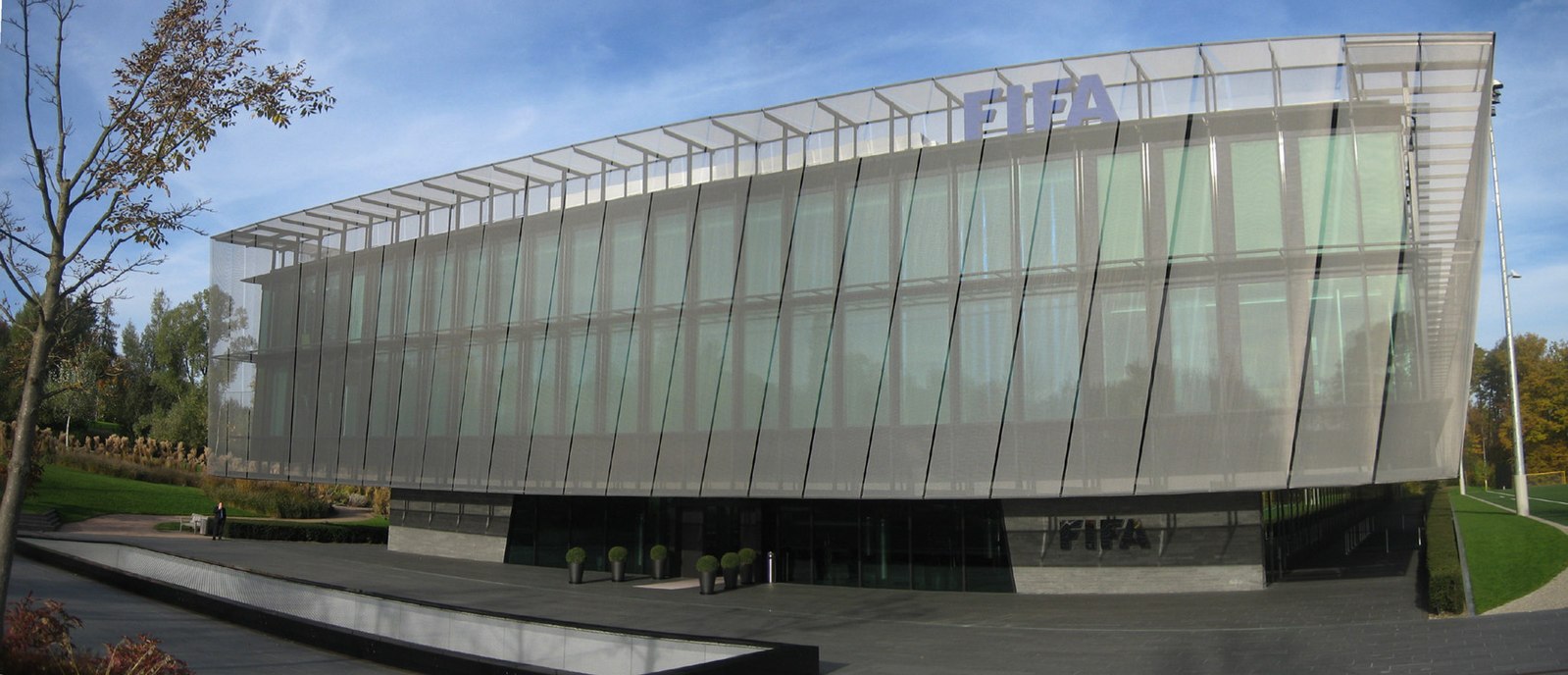ENGLISH FOOTBALL AGENTS WIN CASE AGAINST FIFA OVER NEW REGULATIONS, INCLUDING CAP ON AGENT FEES
Football agents in England have won their legal case against FIFA on Thursday, as first reported by UK newspaper, The Daily Mail.
English agents from sports talent agencies CAA Base, Stellar, ARETE and Wasserman, had joined forces to form an alliance and took their challenge against world football’s governing body to court, on the back of a favourable precedent set by the Regional Court of Dortmund in Germany.
A similar case involving the Association of Football Agents (AFA) was also brought before the European Court of Justice (ECJ) in September via a referral from the court in Germany, just two months after it was heard at the Lausanne-based Court of Arbitration for Sport (CAS), as FIFA intends to regulate the representation of players and the agent market.
The governing body’s view has always been that they have the jurisdiction to implement such regulations, as ruled by CAS in July, a view that the agents did not agree with. The Association of Football Agents maintains that representing players is a business outside the running of the game and that the provisions for the forthcoming FIFA Football Agent Regulations (FFAR) run counter to European Antitrust laws.
In what is a huge victory for agents within England, Thursday’s court ruling means there will be no agent caps on transfers as intended by the governing body. FIFA’s new regulations were officially proposed on January 22, 2020 with the new rules stemming from the majority of the game’s stakeholders and some primary European institutions – including the European Commission and the Council of Europe – who have for a long time, asked FIFA to “do something”.
FIFA’s Council approved the agent regulations in Qatar in December.
A statement released by the European Football Agents Association (EFAA) after Thursday’s court decision read: “Today we heard the results of the English football agents case in the FA Rule K arbitration proceedings.”
“We are happy to hear that the court has sided with the agents and blocked the implementation of the FFAR. As our English friends so aptly put, these regulations were an attempt at using a sledgehammer to crack a nut – far overreaching and overstepping, beyond legitimate cause.”
Amongst the regulations that FIFA was seeking to institute included the establishment of a cap on agents’ commissions, which was the cause of much unrest amongst agents within the sport. The new regulations would limit the commission of agents of releasing clubs to only a maximum 10% of the transfer fee while the player’s agents and agents of the engaging clubs would end up receiving just 3% of the player’s remuneration.
FIFA also intended to limit multiple representation to avoid conflict of interests on top of proposals that were endorsed four years ago, following one of the biggest transfer market inflations in recent memory as football agents earned a whopping $653.9 million in agent fees in 2019 alone.
Prior to the end of the 2019 calendar year, the world’s governing football body had already proposed:
- the reintroduction of a mandatory licensing system for all agents
- creation of a FIFA Clearing House through which all agents’ commissions were supposed to be paid
- the establishment of an effective FIFA dispute resolution system to address disputes between agents, players and clubs
- disclosing and publishing all agent-related work in transfers to increase transparency, improve credibility of the agent and transfer system, and support the implementation of new regulations
FIFA labeled the proposals “sensible, reasonable, rational, proportionate and necessary” and said that they were developed in extensive consultation with football stakeholders, including agents’ representatives, a claim that was disputed by the agents.
One of the heads of a major football body told the UK’s Independent that the requirement for better agent regulation is “inarguable” and unanimous, saying that many would point to how the major American sporting associations have similar rules to those that FIFA is trying to introduce, including almost identical caps on agents fees.
While FIFA maintains that the objective of said regulations is to improve transparency, protect player welfare, raise ethical standards, and enhance contractual stability, one can understand the hesitancy of the agents to agree to the new rule book given FIFA’s long list of incompetencies and scandals over the past two decades.
“We celebrate with our English friends and are happy to have assisted in this monumental case,” the statement by the EFAA went on. “We will continue supporting all countries in their fight against the FFAR and for a more fair, transparent, and uniform regulatory system that truly represents agents worldwide.”
As pointed out by the European Football Agents Association, Thursday’s ruling also means that most of world football’s biggest market is now free of FFAR’s governance, with four of the big five leagues in Europe now officially free from FIFA’s imposed agents’ regulations. As it stands, only Italy remains regulated as its status remains to be determined with the Italian Football Federation (FIGC) set to institute a new set of rules.
-Maher Abucheri
Twitter: @pabloikonyero
Photo: MCaviglia. This file is licensed under the Creative Commons Attribution-Share Alike 3.0 Unported license.


 (@FootballLaw)
(@FootballLaw)